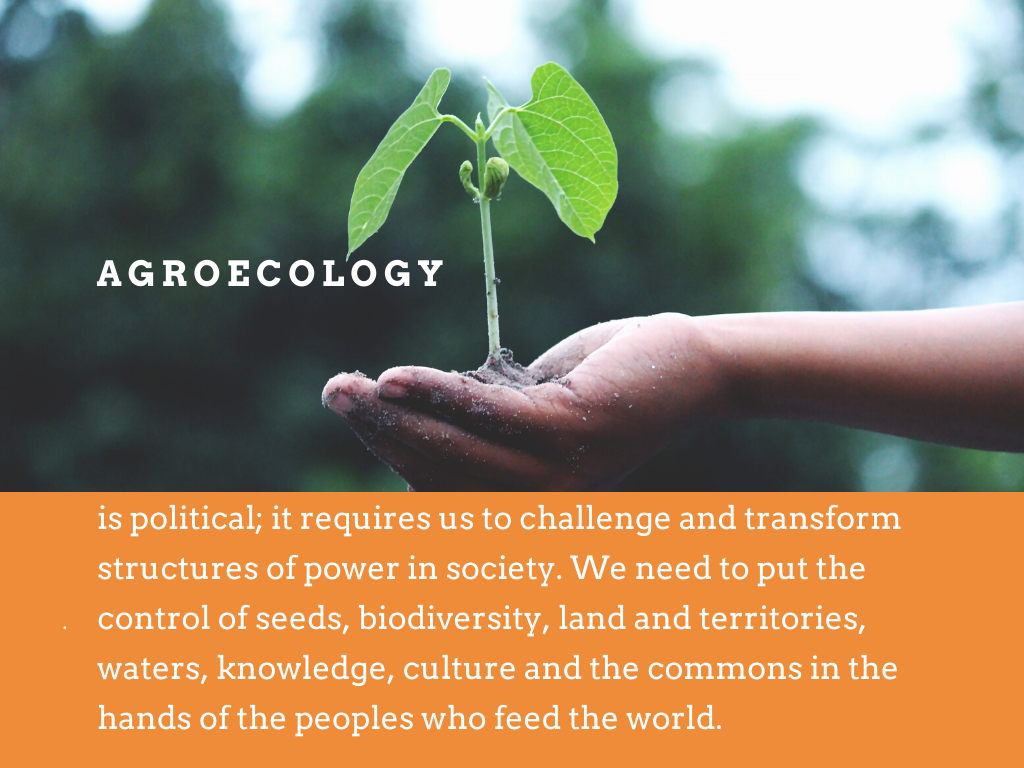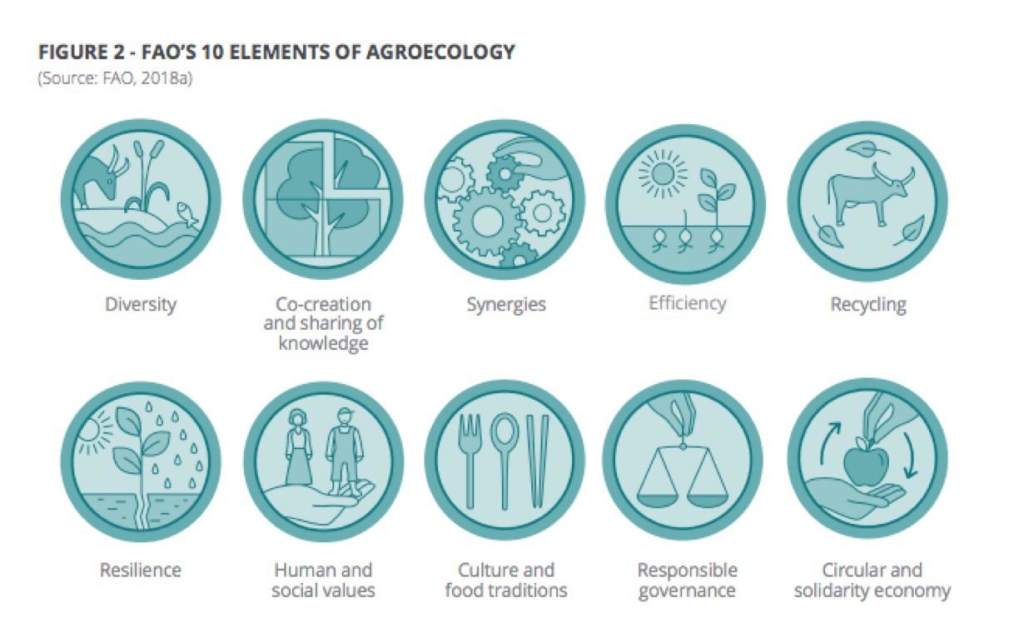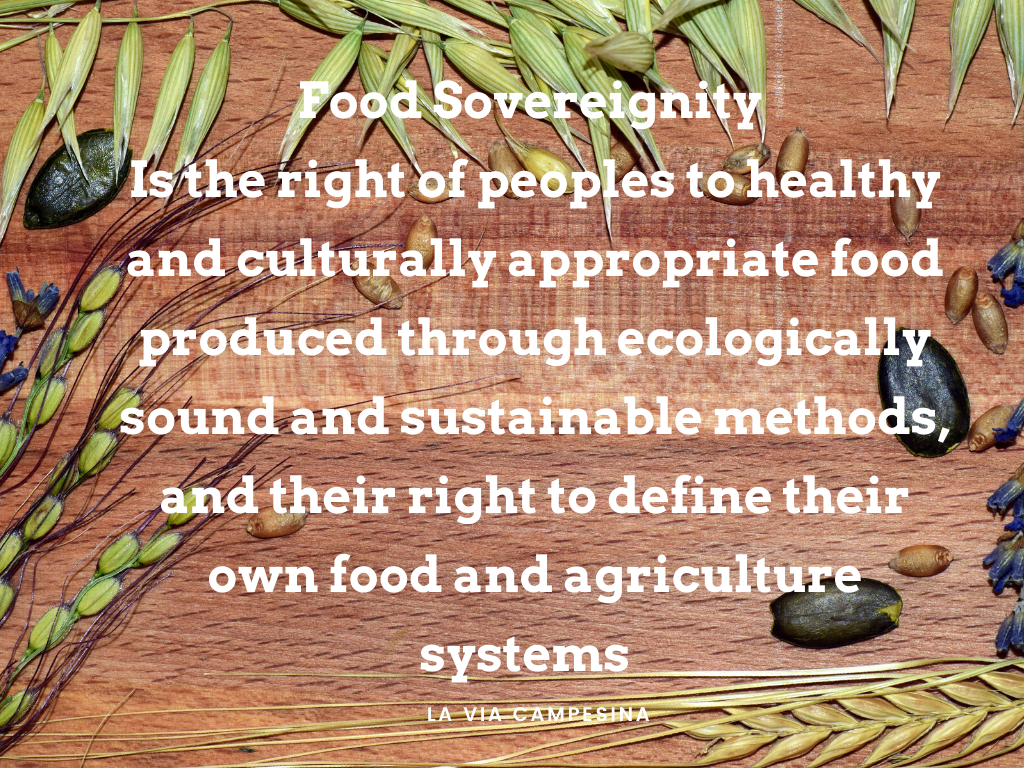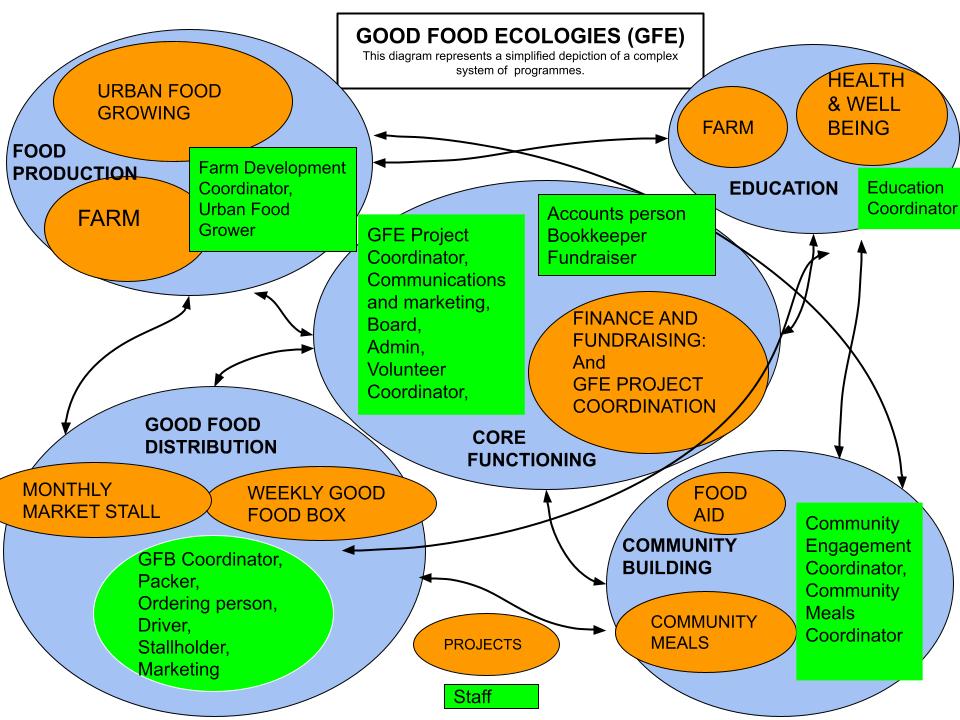Our vision
We work towards a world in which everyone has easy access to nutritious, sustainable, culturally appropriate food. A world in which the GCK values of dignity, equity, justice and care inform every action. A world in which communities are interconnected and interdependent: working together, growing stronger, producing new possibilities and creating things which we couldn’t create alone. A world in which all communities thrive and are resilient from future shocks. A world where our work is meaningful, our work-lives are balanced, and we always have time for joy, play, learning and celebration.
Our core values
Our value
What it means to us
How we enact it at GCK
Dignity
Dignity refers to the value of respecting people, their knowledge and experiences. This is about how social structures are created with dignity at their centre as well as how we treat each other.
GCK is in dialogue with our community, supporting people to have a voice in the issues that affect their lives. This dialogue shapes what we do at GCK.
Equity and justice
In an equitable and just world resources are shared more equally on the basis of need and collected on the basis of ability. Everyone has the right to exist and thrive, to be treated fairly, to be free from discrimination, and to participate in our activities, communities and society.
At GCK we challenge structural barriers and remove practical, physical and economic ones to create access for all.
Care
Care is about being mindful and supportive of each other’s vulnerabilities, celebrating each other’s strengths, and showing solidarity with each other’s struggles so that people and communities heal and thrive.
At GCK we centre collective care and relationships in the ways in which we build community and within our organisation: care for ourselves, for one another and for the earth.
Integrity
Integrity to us means that we live by the values we hold. This means that the pathway to creating the world we want to see is to live by our values here and now.
At GCK we work to ensure that our staff, volunteers and everyone who engages with our programs is treated in a way that aligns with our values of care, dignity, equity and justice.
Granville Community Kitchen is reimagining our food system, co-creating a community of abundance, healing and resilience with eaters, farmers and food producers, chefs and food businesses, community organisations, academics and researchers. We call this vision of the future Good Food Ecologies model We are guided by the following principles in our work:
This fundamental human right recognises and protects the right of all human beings to live in dignity, free from hunger, food insecurity and malnutrition. The right to food is not about charity, but about ensuring that all people have the capacity to feed themselves in dignity.
The legal right is protected under international human rights and humanitarian law. The government is legally required under the International Covenant on Economic, Social and Cultural Rights (Article 11) to secure the human right to adequate food and nutrition for everyone in the UK. It is defined as:
“ the right to adequate food is realized when every man, woman and child, alone or in community with others, to be free from hunger and malnutrition, to have physical and economic access at all times to adequate food – in quality and quantity – that is nutritious and culturally acceptable or means for its procurement in a sustainable and dignified manner, while ensuring the highest level of physical, emotional and intellectual development.”
The right to food is part of the broader human rights framework, which is a social construction resulting from the struggles of individuals, social groups and peoples against oppression, exploitation, discrimination and abuses of power by governments and other powerful economic, political and religious actors.
Food is much more than nutrition for GCK; it is multidimensional. Agroecology weaves all these facets of food together into a tapestry of understanding and practise from the political to the cultural to ecological and sustainable production.

There are ten interdependent elements of Agroecology, as recognised by FAO, the Food and Agricultural Organisation of the United Nations.

The ten elements of agroecology (FAO, 2018)
Food sovereignty puts those who produce, distribute and eat food at the heart of food systems and policies rather than the demands of markets and corporations.

The Principle of Food Sovereignty (in the UK context)
1. Food is for people.
Guaranteeing the right to food will ensure that everybody, regardless of income, status or background, should have secure access to enough, nutritious, culturally appropriate, good food at all times. Agriculture should focus on producing food to feed people, as opposed to food as a commodity for the global market.
2. Food producers are valued.
The people who produce and provide our food should be properly rewarded, protected and respected. This means decent living wages, secure contracts, fair representation and good working conditions for everyone involved in getting food from the field to our plates.
3. Food systems are localised.
Good food should be easily accessible across villages, towns, and cities, in both rural and urban areas, through numerous local outlets. Local provision and short food supply chains should take precedence over global export markets.
International trade will and should always be part of the global food system, but we must promote the formulation of trade policies and practices that serve the rights of peoples to safe, healthy and ecologically sustainable food production and ensure that we do not undermine the food sovereignty and food systems of people in other parts of the world.
4. There is democratic control over the food system.
Control over the resources to produce, distribute and access food should be in the hands of communities and workers across the food system. Civil society should be at the centre of food policy making, with the power to shape the way the food system functions and influence the policies and practices needed to transition to a just food system.
5. We build knowledge and skills.
The knowledge and skills needed to produce, process, distribute, and prepare food should be protected and invested in. The knowledges and cultures of food producers and communities should be prioritised including the ’ ability to develop and pass knowledge and skills to future generations should be supported through democratic and decentralized forms of education, and appropriate research and innovation.
6. Our food system works with nature.
Food production and distribution systems should protect natural resources, reduce environmental impact and work in harmony with nature. Agroecology should be the basis for all food production, where food is produced within the finite limits of our planet’s resources, protecting and respecting our environment and communities, and without compromising on the ability of future generations to provide for themselves.
[Taken from A People’s Food Policy, 2017]
Food sovereignty for GCK provides a radical and practical blueprint for change. GCK places people and those most affected by social inequalities at the centre of decision making. GCK is creating employment for local people and establishing strong workers rights to living wages, fair and safe working conditions and ensuring that volunteers are not exploited. We ensure education underpins everything we do from capacity building and training courses to the informal learning community of practise that enables people of all ages and abilities to share knowledge and skills.
We want to build a Good Food model rooted in our South Kilburn community that connects with a GCK peri-urban farm through a series of food-related activities, local food co-op, food production and education programmes. We call this Good Food Ecologies as our activities impact interconnected areas of our community; challenging and transforming the way these areas function presently, from health and environment to education and work. This model of linking an urban community kitchen and food co-op with a peri-urban farm represents a unique approach to generate new relationships across communities, support people into new pathways to thrive, and improve vital community infrastructure. The Good Food Ecologies vision will offer job and volunteer opportunities, traineeships, education programmes and access to healthy, culturally-appropriate foods grown at the edge of our city as well as provide a model for a sustainable food future.
Good Food Ecologies VISION FOR FUTURE – April 2023

